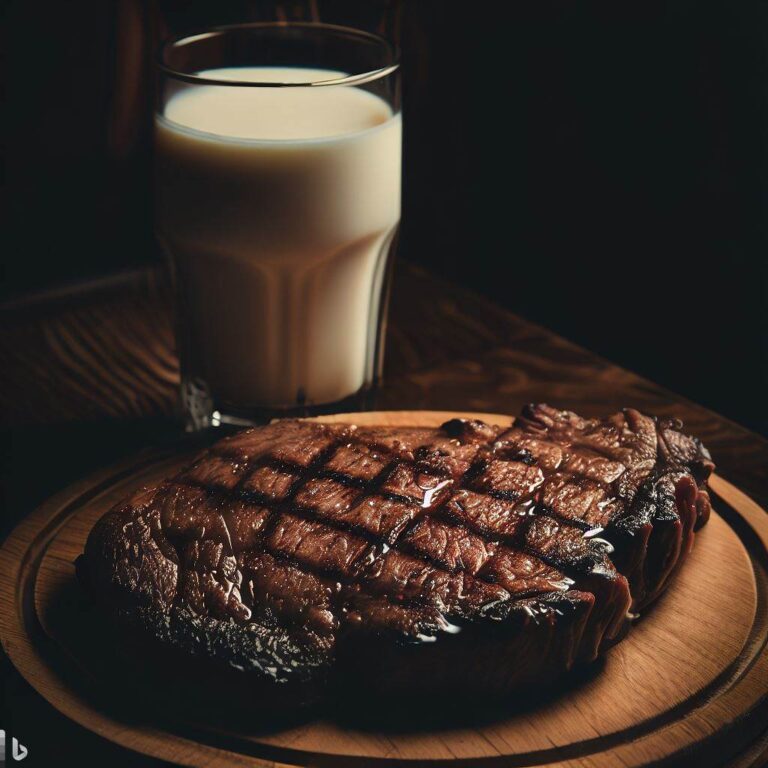Shut the Door! Part 2 (Jon Petts)
Being intentionally alone with God…
Recap:
But when you pray, go into your room, close the door and pray to your Father, who is unseen. Then your Father, who sees what is done in secret, will reward you. (Matthew 6:6)
Jesus shuts the door
Before walking on water, after feeding the 5000:
22 Immediately Jesus made the disciples get into the boat and go on ahead of him to the other side, while he dismissed the crowd. 23 After he had dismissed them, he went up on a mountainside by himself to pray. Later that night, he was there alone, (Matthew 14:22-23)
But Jesus often withdrew to lonely places and prayed. (Luke 5:16)
One of those days Jesus went out to a mountainside to pray, and spent the night praying to God. 13 When morning came, he called his disciples to him and chose twelve of them, whom he also designated apostles. (Luke 6:12-13)
Jacob shuts the door
22 That night Jacob got up and took his two wives, his two female servants and his eleven sons and crossed the ford of the Jabbok. 23 After he had sent them across the stream, he sent over all his possessions. 24 So Jacob was left alone, and a man wrestled with him till daybreak.
- Putting people and possessions aside
- Left with a new name – wrestling with God rather than man.
2 Kings 4
The wife of a man from the company of the prophets cried out to Elisha, ‘Your servant my husband is dead, and you know that he revered the Lord. But now his creditor is coming to take my two boys as his slaves.’
2 Elisha replied to her, ‘How can I help you? Tell me, what do you have in your house?’
‘Your servant has nothing there at all,’ she said, ‘except a small jar of olive oil.’
3 Elisha said, ‘Go round and ask all your neighbours for empty jars. Don’t ask for just a few. 4 Then go inside and shut the door behind you and your sons. Pour oil into all the jars, and as each is filled, put it to one side.’
5 She left him and shut the door behind her and her sons. They brought the jars to her and she kept pouring. 6 When all the jars were full, she said to her son, ‘Bring me another one.’
But he replied, ‘There is not a jar left.’ Then the oil stopped flowing.
7 She went and told the man of God, and he said, ‘Go, sell the oil and pay your debts. You and your sons can live on what is left.’
What does oil symbolise in the bible?
1: The Holy Spirit
Oil was used for anointing kings, priests and other people of office. In that anointing there are some references to the Holy Spirit coming upon the person. So oil has become a symbol of anointing and the Holy Spirit.
For example, when the prophet-judge Samuel anointed David with oil to be the new king of Israel:
So Samuel took the horn of oil and anointed him in the presence of his brothers, and from that day on the Spirit of the Lord came powerfully upon David. (1 Samuel 16:13).
A few other references to anointing (which in the physical sense always involved oil) and the Holy Spirit:
The Spirit of the Sovereign Lord is on me, because the Lord has anointed me to proclaim good news to the poor. (Isaiah 61:1)
God anointed Jesus of Nazareth with the Holy Spirit and power (Acts 10:38)
2: Blessing
Well, that’s the usual answer dealt with for now. But the Encyclopaedia of the Bible states that,
“Oil was a symbol of plenty (Deut 32:13), of luxury (Prov 21:17; Ezek 16:13 [although these references are disapproving of the use of such luxury, they serve to illustrate the connection between oil and luxury]), of joy (Ps 45:7; Eccl 9:8; Isa 61:3; Heb 1:9), and of hospitality (Ps 23:5). Its lack was evidence of God’s displeasure (Joel 1:10); its abundance was proof of God’s blessing (2:24). It was used figuratively as a sign of abundance: Asher will “dip his foot in oil” (Deut 33:24). In his affliction Job remembered better days when “the rock poured out for me streams of oil” (Job 29:6)…”
Here are a few of those references:
You love righteousness and hate wickedness; therefore God, your God, has set you above your companions by anointing you with the oil of joy. (Psalm 45:7; also quoted in Hebrews 1:9)
…to bestow on them a crown of beauty instead of ashes, the oil of joy instead of mourning, and a garment of praise instead of a spirit of despair. (Isaiah 61:3)
Thus, today’s story can be figurative of our shutting the door, to pour out what we have, and to see the Holy Spirit move in our lives, filling us, and to experience times of blessing.
What can you pour out to God behind closed doors?
V4 – She had to pour out what she had. This would have been an act of faith.
What might God be asking you to pour out so that you might have more? Your heart? Something you possess? Some hurt? Anxiety?
As you pour out what is inside you, he will give you his oil – his blessing and his Holy Spirit.
God will fill you to the capacity that you offer him.
He is not limited, we are. Can we offer him more?
One more jar – one more minute – one more verse – one more care lifted to him – one more problem given to him. Cast your anxieties on him.
We pray for revival and ask him to move in our lives, but he is limited by our own capacity to receive what we ask for.
V3 – don’t ask for just a few – she had to work to increase her capacity, and she did as she was told. What might God be telling you to do to increase your capacity.
Podcast: Play in new window | Download | Embed
Subscribe: RSS




